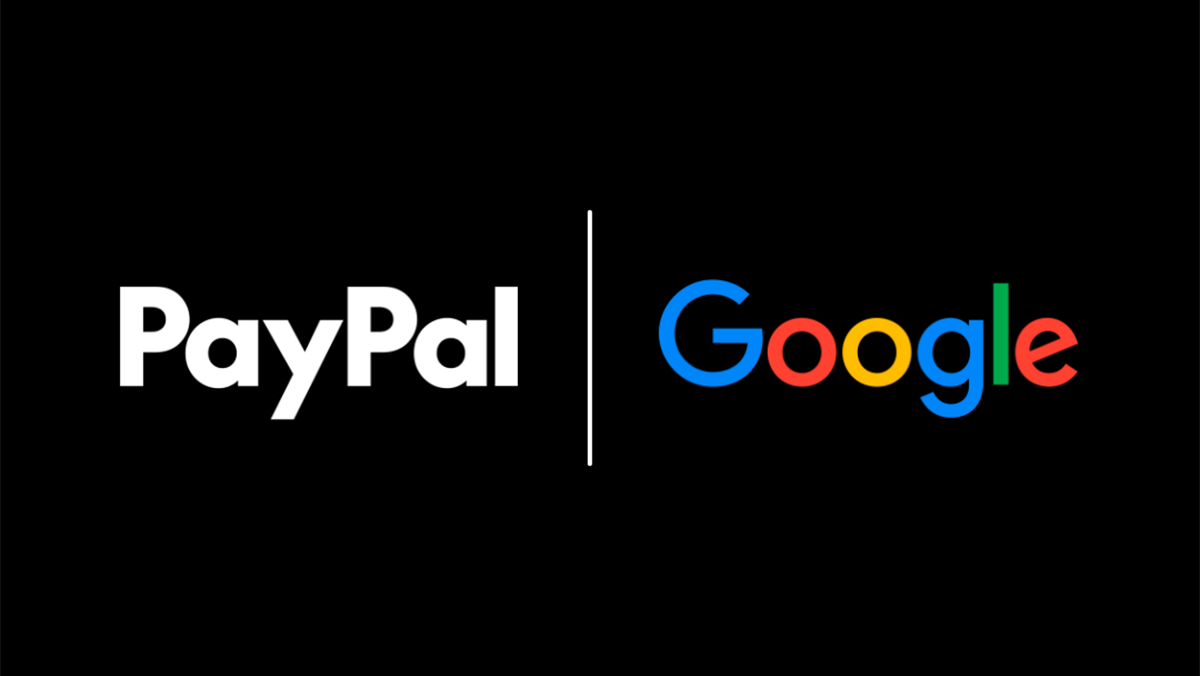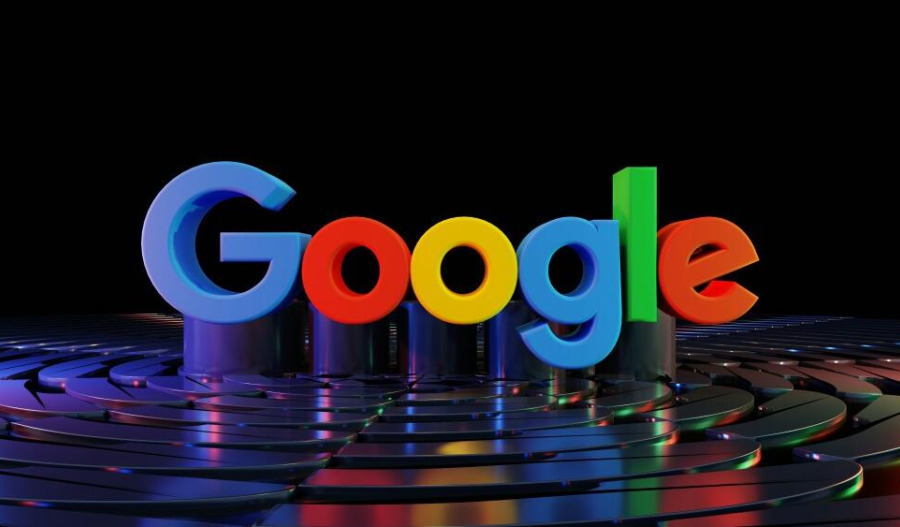PayPal's shares spiked 3% in late trading Wednesday after the digital payments giant announced it's jumping into bed with Google to integrate AI agents buying stuff on your behalf.
The multi-year strategic alliance positions both companies at the epicentre of what industry insiders are calling "agentic commerce" - essentially letting AI loose with your credit card whilst you sit back and watch Netflix.
Autonomous spending
The collaboration spans four pillars:
- Creating AI shopping experiences
- Embedding PayPal across Google's ecosystem
- Processing payments for Google's enterprise platforms
- Modernising PayPal's infrastructure on Google Cloud
But the real meat is Google's Agent Payments Protocol (AP2) - an open standard developed with over 60 global partners that's designed to let AI agents transact securely without human intervention.
Think of it as the transit code for robot shoppers, complete with cryptographically-signed "mandates" that prove you actually authorised your AI butler to buy that third coffee machine.
The protocol requires two-step verification: an "intent mandate" that tells the AI what you're looking for, followed by a "cart mandate" for final approval.
AP2 supports everything from traditional cards to stablecoins and real-time bank transfers.
"In this emerging world of agentic commence, trust and innovation are key," PayPal CEO Alex Chriss said.
"Together with Google, we are leading the way for digital commerce, ensuring greater opportunities for merchants and users worldwide.
"We are bringing PayPal's products and services to billions of Google users and redefining what's possible at global scale."
Google has teamed up with Coinbase, Ethereum Foundation, and MetaMask to extend the protocol for crypto payments through the A2A x402 extension.
It's like having a personal shopper who checks twice before spending your money.
Competition
The timing isn't accidental - they saw Visa launching its own developer tools in March, allowing AI agents to connect directly to its payment rails, and process over 300 billion transactions annually across 200 countries.
PayPal is already linked up with AI search engine Perplexity for automated purchasing, and other players like Stripe offer basic agentic tools.
But Google's ecosystem approach puts them all in one basket.
The company is working with more than 60 firms, including PayPal, Adyen, American Express, Mastercard, Coinbase and Revolut - creating an industry standard rather than another proprietary solution.
At the moment, Apple Pay dominates the scene with 92% acceptance at major U.S. retail chains, while Google Pay sits at just 83%.
This deal gives PayPal direct access to Google's billion-user ecosystem without the astronomical costs of developing proprietary AI capabilities.
Flush with cash
PayPal's financial positioning makes this arrangement particularly compelling.
The company commands a US$64 billion market cap with transaction margin dollars rising 7% to US$3.84 billion in Q2 2025 - its sixth consecutive quarter of growth.
PayPal Enterprise Payments will process card transactions across Google Cloud, Google Ads, and Google Play - platforms handling billions in volume.
The fintech business is currently trading around US$68.62, with analysts targeting US$82.48 over the next 12 months.



